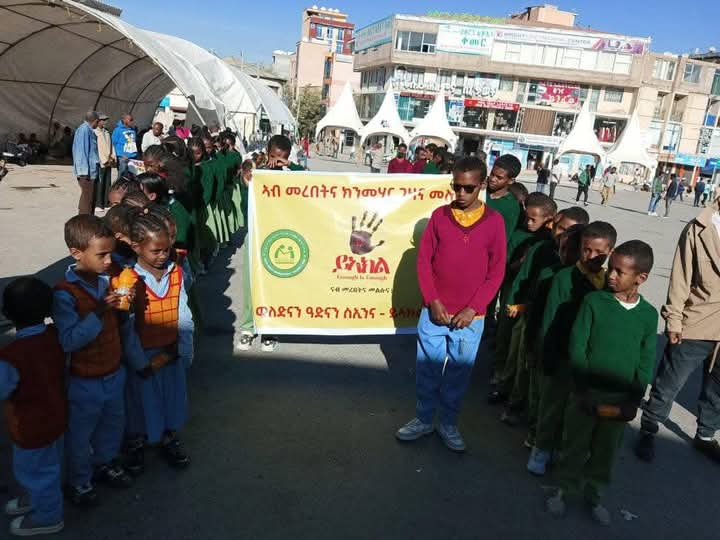Mekelle፡Telaviv, Nairobi, Pretoria, London, (Tigray Herald).
By Tesema NadowNadow
Ethiopia’s Quest for the Sea Is Rooted in Survival, Not Supremacy And the GERD Was Never America’s Gift
In a moment of global disinformation and regional uncertainty, clarity matters more than ever. Ethiopia’s quest for access to the sea is not an imperial ambition it is an urgent necessity. And Ethiopia’s most iconic development project, the Grand Ethiopian Renaissance Dam (GERD), remains a sovereign achievement not a gift from Washington.
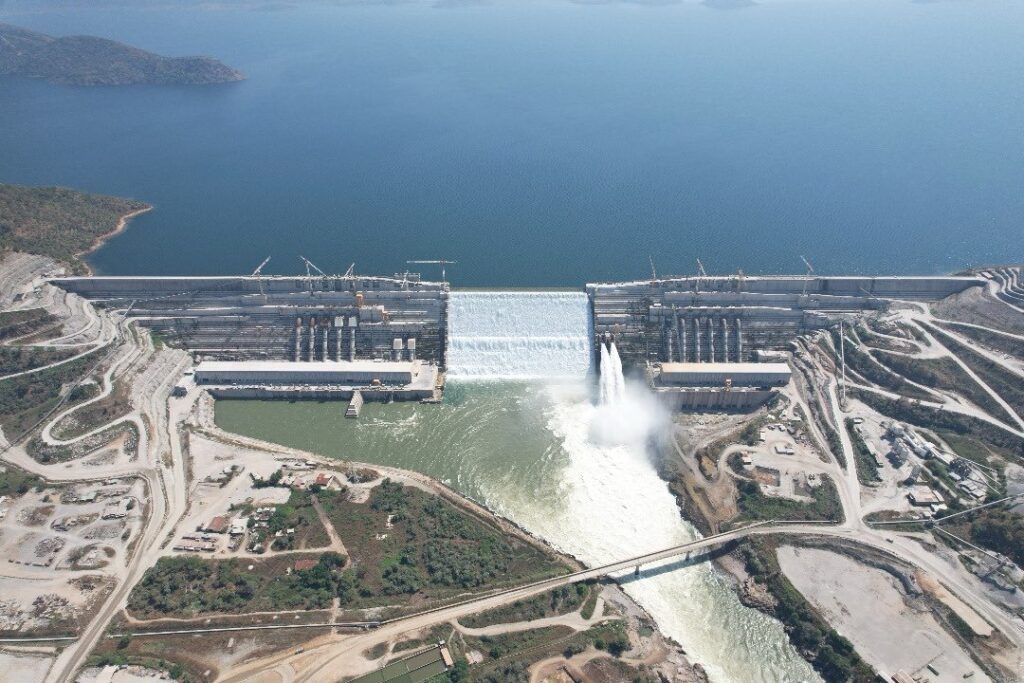
This week, Prime Minister Abiy Ahmed addressed political party leaders and civil society groups in Addis Ababa, reaffirming the country’s longstanding objective: securing maritime access through peaceful, legal, and commercial means.
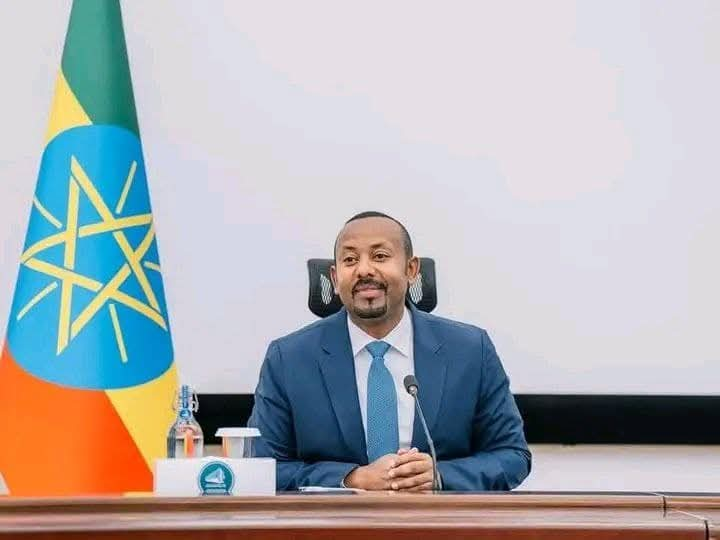
“Access to the Red Sea is not a luxury,” the Prime Minister said. “It is survival.”
For a nation of over 130 million people the second-most populous country in Africa the lack of direct sea access is an economic stranglehold. Over 90% of Ethiopia’s trade passes through Djibouti. That dependence, coupled with soaring global shipping costs and volatile Red Sea dynamics, leaves Ethiopia exposed and economically vulnerable.
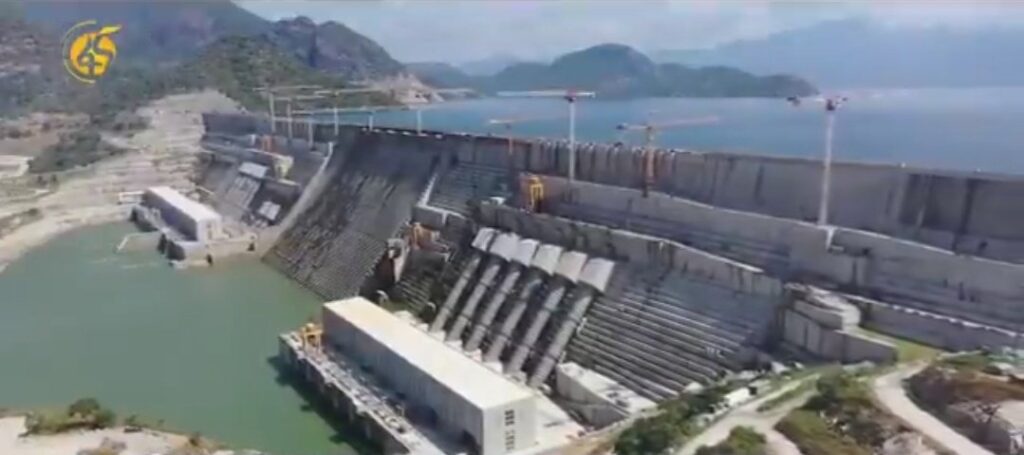
The Red Sea Is a Lifeline, Not a Battleground
Prime Minister Abiy was careful to stress that Ethiopia is not seeking conflict, but cooperation:
“Our neighbors need to understand that peace and development are key to our nation… Ethiopia is working legally and peacefully to secure access to the seas.”
These aren’t empty words. In meetings with opposition parties and national stakeholders, the message was clear: Ethiopia’s push for access is not about dominance, but about dignity, development, and regional interdependence.
Neighboring countries particularly those along the Red Sea are urged to view Ethiopia’s aspirations in good faith, not as threats but as opportunities. A thriving, connected Ethiopia benefits the entire Horn of Africa.
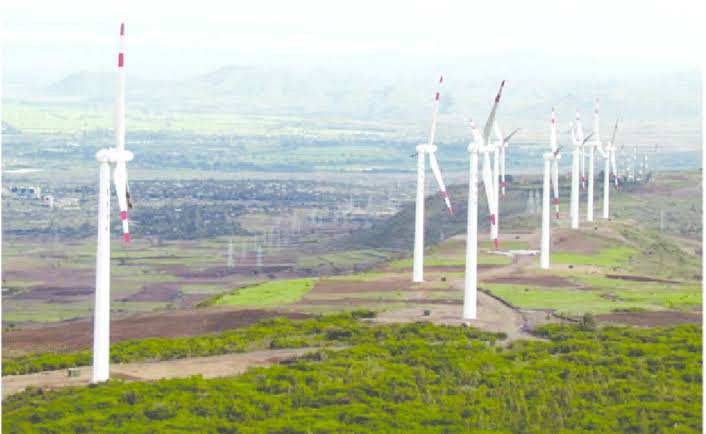
GERD: A Monument to African Sovereignty
Amid these diplomatic assertions came an unsubstantiated and frankly false claim from former U.S. President Donald Trump. On his social media site, Trump’s Truth (@realDonaldTrump), he alleged that the United States funded the GERD. This is entirely untrue.
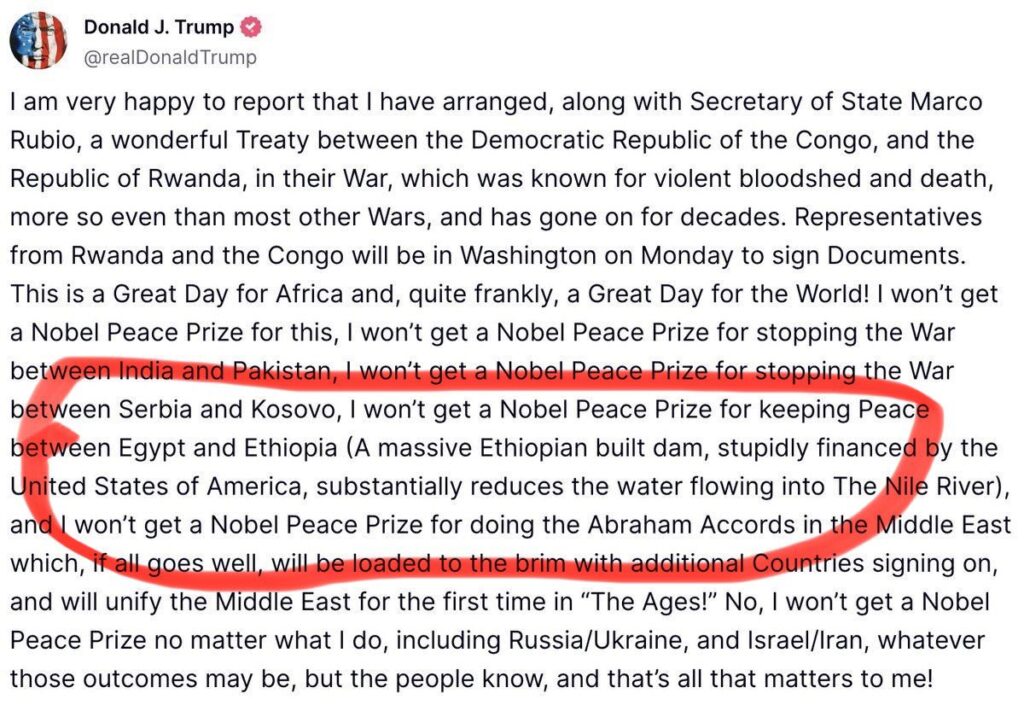
There is no official record or credible evidence indicating that the United States under Trump or any prior administration funded the GERD. On the contrary, the dam’s construction was self-financed by Ethiopians:
Through domestic bonds,
Diaspora contributions, and
The sacrifices of civil servants who gave up part of their salaries to see it built.
If anything, the Trump administration withheld aid to Ethiopia in 2020 in a failed attempt to pressure Addis Ababa during negotiations with Egypt and Sudan. Washington’s role, historically, has been limited to diplomatic mediation, not infrastructure financing.
Weaponizing Misinformation Harms Everyone
Trump’s inaccurate claim isn’t just a historical error it’s part of a dangerous trend of disinformation that clouds international relations. At a time when Ethiopia is working to stabilize its economy, open up to foreign investment, and build trust with global partners, such distortions fuel confusion and resentment.
The GERD is Africa’s dam, built by and for Africans. As Prime Minister Abiy rightly said, it is a testament to collective will, a symbol of unity, and a continental emblem of resilience and self-reliance.
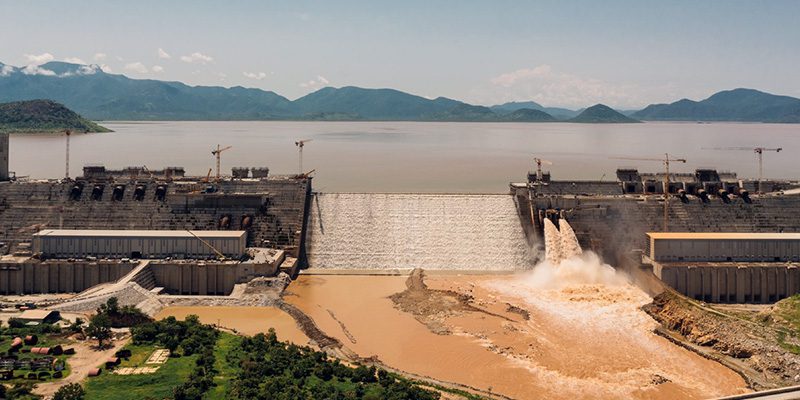
A Call for Respect, Not Revisionism
If the former U.S. president seeks relevance in African affairs, he should begin by getting his facts right and issuing an apology to the Ethiopian people not for the lack of financial support, but for misrepresenting their greatest national project.
Ethiopia has no illusions about the challenges ahead. But in both the pursuit of maritime access and the defense of truth, it has made one thing clear: it will not be denied by distortion, nor derailed by external interference.
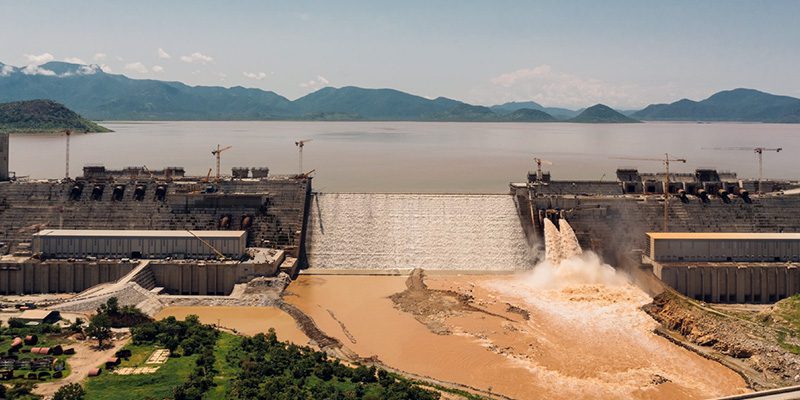
In a region plagued by volatility, Ethiopia offers a model of determined, lawful, and principled engagement. That deserves recognition not revisionist tweets.
Tesema Nadow is regional analyst covering the Horn of Africa, with dispatches from Mekelle, Nairobi, and Tel Aviv. He writes for the Tigray Herald and other outlets focused on justice, sovereignty, and African development.


